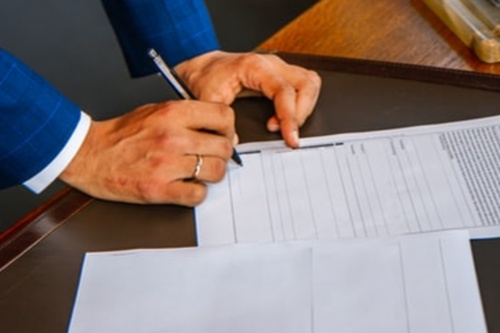
The validity of a Will can be, and is, frequently challenged. In order to do so, the challenger has to have the necessary ‘standing’ or legal entitlement. Broadly speaking, these are persons named in the Will, the beneficiaries, or anyone who would have inherited but has been excluded from doing so.
There are several grounds on which a Will can be challenged. These include the Will not being properly executed, a lack of mental capacity in the maker, a later Will existing, suspected undue influence, fraud, forgery or other suspicious circumstances.
The principles of law that support establishing the validity of a Will
The first principle involved in establishing a valid Will is that the burden of proof falls on the party claiming the validity of a Will to satisfy the Court that the document is the last Will of a mentally fit preparer.
Secondly, where there are suspicious circumstances, it is up to the party arguing the validity of the Will to remove that suspicion and demonstrate that the deceased knew of and approved the document’s contents.
Thirdly, once any suspicion is removed, the burden of proof moves onto the person trying to resist the grant of probate. This document gives legal authority for the deceased’s estate to be dealt with.
See our guide here, for further guidance on contesting a Will in NSW.
Contact our Challenging a Will Lawyers in Sydney, NSW
If you are considering challenging a Will, we can help you understand what will be needed to be successful. Please contact the experts at Szabo & Associates on {{CONTACT_NUMBER}} or make an online enquiry.